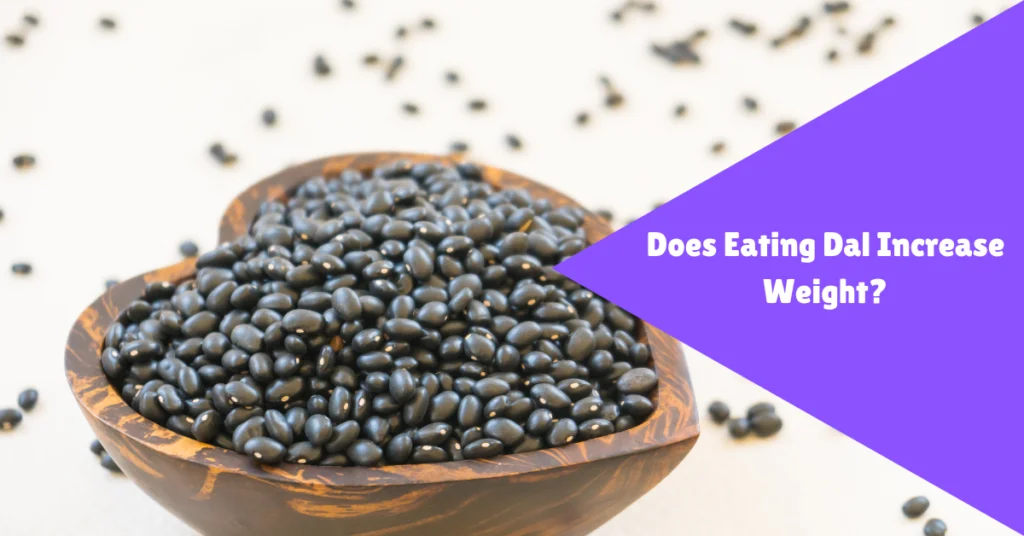Eating dal, a staple in many diets, can benefit weight management. Rich in protein and fiber, dal helps you feel full, reducing the likelihood of overeating. While dal itself is low in calories, portion control is key; excessive consumption or preparation with high-calorie ingredients can lead to weight gain. Incorporating dal into a balanced diet can support weight-loss efforts by boosting metabolism and providing essential nutrients. Read this article to know how does eating urad dal increase weight.
Does Eating Dal Increase Weight?
Dal, a staple in Indian cuisine, is often questioned regarding its impact on weight. Here’s a closer look at how dal can fit into a weight management plan.
Nutritional Benefits of Dal

- High in Protein and Fiber: Dal is an excellent source of plant-based protein and dietary fiber, which can enhance satiety and help control appetite.
- Low in Calories: Most varieties of dal are low in calories, making them a smart choice for those looking to manage their weight.
Portion Control is Essential
- Mindful Eating: While dal is nutritious, portion control is crucial. Overeating can lead to weight gain, especially when dal is prepared with high-calorie ingredients like ghee or cream.
- Balanced Diet: Incorporating dal into a balanced diet alongside vegetables and whole grains can promote weight loss and overall health.
Metabolism and Satiety
- Boosting Metabolism: The protein content in dal has a thermic effect, meaning your body burns more calories digesting it compared to fats and carbohydrates.
- Feeling Full: The fiber in dal helps you feel full longer, reducing the chances of snacking on high-calorie foods.
Conclusion

Incorporating dal into your diet can be beneficial for weight management when consumed in moderation and as part of a balanced diet. Its nutritional profile supports satiety and can aid in maintaining a healthy weight.
Read this blog on ‘Vegetables for Weight Gain in India‘ for more nutritional tips.
Visit KidsCur for more parenting tips!

